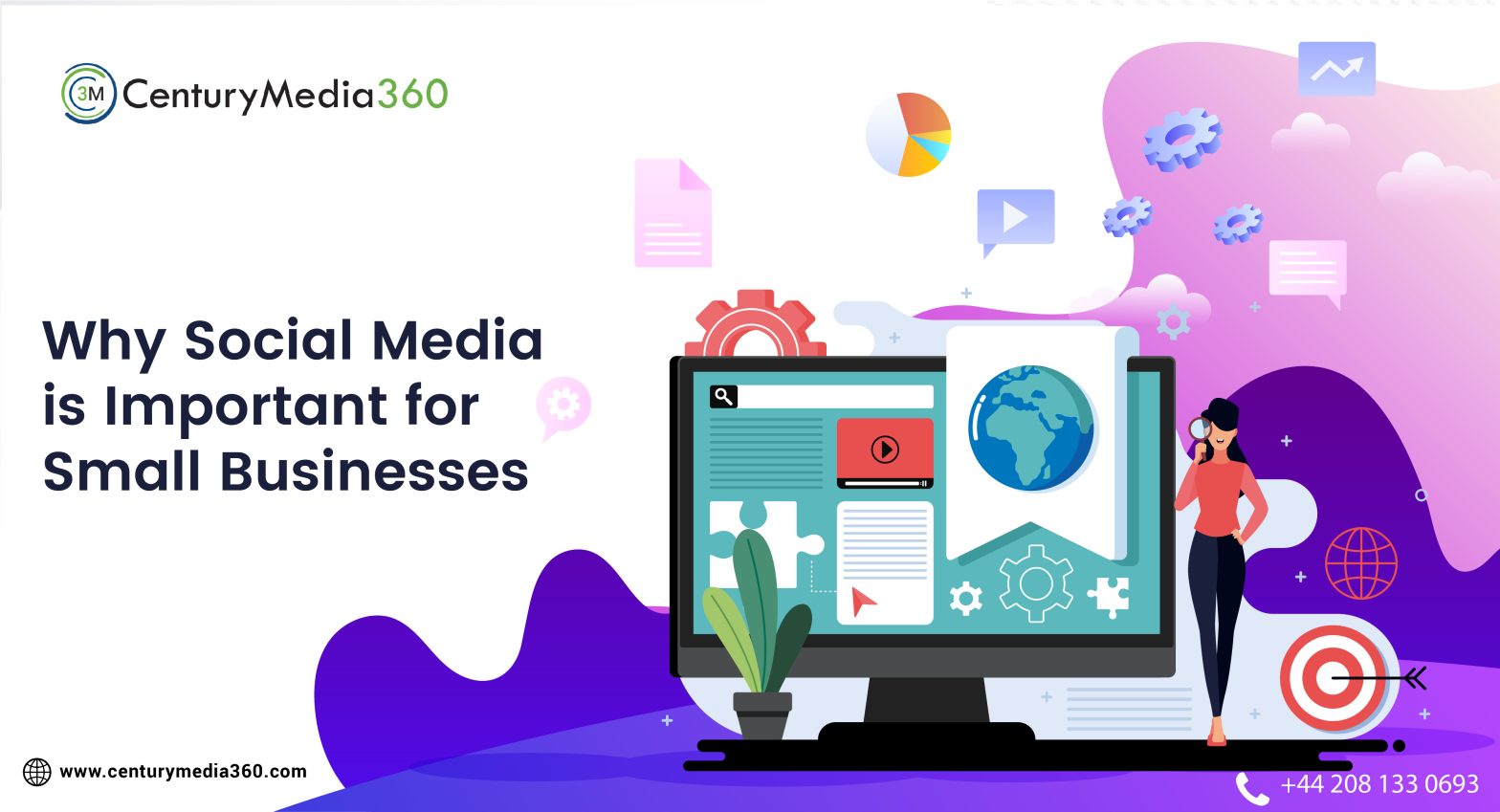Why Social Media is Important for Small Businesses

Social media marketing for small businesses means optimization of social media platforms to promote start-up companies’ products and services. Small businesses use social media to share their business motto, generate leads, attract potential customers, and provide customer service. A decade ago social media marketing was not this much popular among businesses. With the growing popularity of social media platforms and the craze surrounding it, small businesses with limited budgets have benefitted from increased return on investment. Social media is a two-way communication channel that proves to establish a healthy relationship between marketers and consumers. Small businesses perceive social media as ideal for marketing their products because marketers are able to figure out their niches in the market, how to survive in the long run, and whom to vocalize about the product.
Reaching Potential Customers
A survey report states that over 1000 small businesses after using social media as a tool of marketing have been able to successfully reach out to their target audiences. It is difficult for small businesses with limited budgets to create brand awareness through advertising, which proves to be costly in the long run. With the craze of social media platforms businesses are able to create slick brand awareness without costing a penny. More than 70% of U.S. adults are seen to remain active on any one social media platform all the time so companies looking for exposure should use social media platforms to achieve the awareness program. Small businesses because of widespread popularity on social media platforms have been able to create a name in the marketing world.
Improving Return on Investment
Social media not only drives down small businesses’ cost of advertisement but also charges zero amounts to run their businesses effectively. But if small businesses wish to pay for ads on social media channels then their revenues are expected to double the revenue earned by them on traditional marketing channels like television, and radio. Specification of advertisements based on demographics is possible on social media. Businesses are able to reach their target audience efficiently and not waste their money on people who are likely to visit and not purchase.
Receiving Customer Data
There are certain networking sites that fetch customers’ data for business growth. This marketing channel helps collection of information on customer preference conveniently. This information helps small businesses to tailor their brand bio on social media platforms accordingly and also to produce customer-preferred products. Social media platforms like Pinterest and Facebook allow you to attach a code to your website which eases the process of data transfer between platforms.
Building Customer Relationship
Social media allows small firms to engage in conversation with customers before purchase and after the sale of products. This helps small businesses to understand the current market requirements, to solve customer grievances and helps in building strong customer relationships. Communication with the customers serves to the benefit of a brand as customers perceive the brand as customer-centric brand.
Trusting a Brand
Businesses flourish when potential customers place their faith in a brand. Nielsen reports state that people trust a brand 83% at recommendations, 63% through television advertisements, and 48% by online advertisements. Words of mouth backed by action help small businesses gain the faith of customers in a brand.
Conclusion
In conclusion, social media marketing has become an invaluable tool for small businesses seeking to thrive in today’s competitive market. It offers a multitude of advantages, from reaching potential customers and improving return on investment to gathering valuable customer data and building lasting customer relationships. As the popularity of social media continues to grow, small firms with limited budgets have found a cost-effective way to create brand awareness and establish themselves in the market. Ultimately, the trust and loyalty that a brand can cultivate through effective social media marketing play a pivotal role in its long-term success. So, for small businesses, embracing social media isn’t just a trend; it’s a strategic necessity for growth and sustainability in the digital age.






